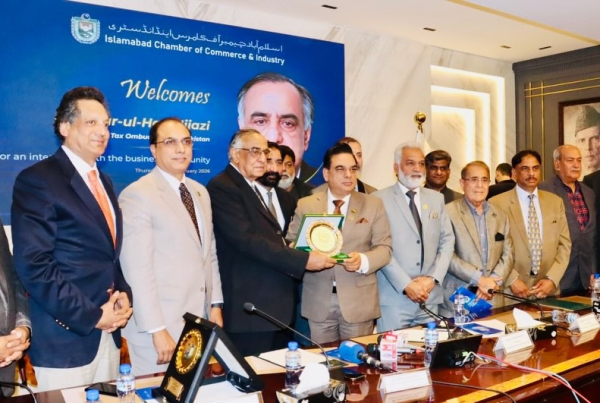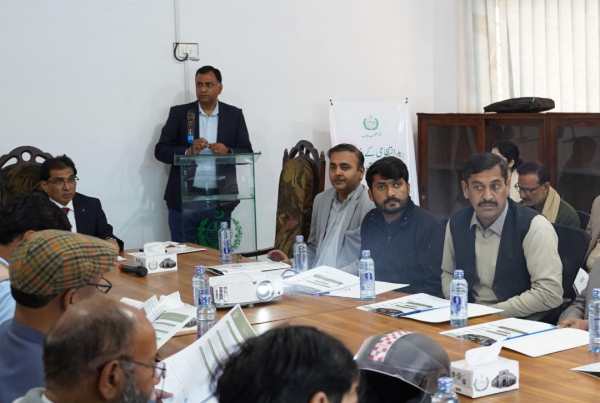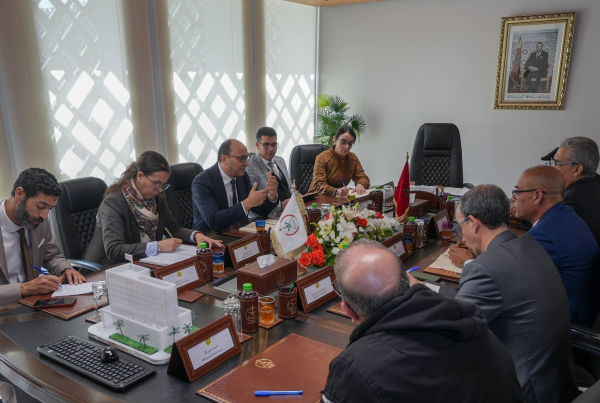
The Indonesian Ombudsman and OIC Ombudsman Association Board Member, H.E Mokhammad Najih has successfully resolved a dispute involving 1,400 trans-migrant family heads in Nunukan Regency of Indonesia, over ownership and profit-sharing from plasma plantations. As a result of his efforts, each family now manages a designated portion of the plasma plantation, with profits increasing to IDR 1,750,000 per family. This resolution follows initial complaints in 2019 about ambiguous ownership and profit distribution among transmigrant families in Sebuku and Tulin Onsoi Districts of Nunukan Regency.
“We hope that this encouraging result will be an example of a model for resolving similar problems in the future. We would like to thank the Ministry of Villages and the Nunukan Regency Government for their cooperation during the report completion process. The Ombudsman hopes that good governance for providers of public services to transmigration residents can be implemented well and can continue to improve the welfare of transmigration residents”, said Mr. Najih.
He stressed that the Ombudsman has effectively addressed the issue, advising the Nunukan Regency Government to proactively manage any future challenges before seeking the Ombudsman’s intervention. Najih’s aspiration is that these efforts serve as evidence of improved public services and governance, enhancing the welfare of transmigration residents and underscoring the program’s continued national significance.
In early 2020, after receiving the final audit report from the Ministry of Villages and the Nunukan Regency Government, the Indonesian Ombudsman initiated a coordination meeting with these entities to address the concerns. By early 2024, through collaborative efforts, the issues of ownership and profit-sharing for the plasma plantations have been resolved.
Mr. Dominikus Dalu, the Chief Assistant for Resolution and Monitoring at the Indonesian Ombudsman, announced that the next phase involves supervising the issuance of Ownership Rights Certificates to the transmigrant families by 2029. This step is crucial for ensuring that the residents of Nunukan Regency can fully exercise their rights in managing their land, marking a significant advancement towards securing their economic independence and stability.






